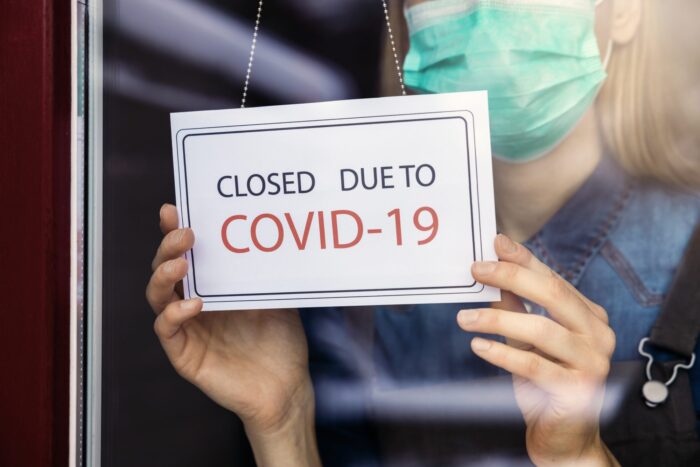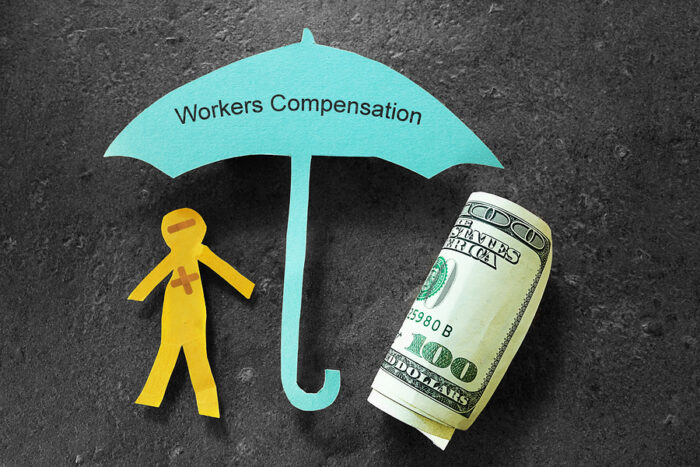
Owning a business is a difficult task. Indeed, the job isn’t as demanding if you have to oversee the practices of a start-up, small or medium-sized business. However, if you are the CEO of a big corporation, you are in charge of many more aspects and departments and, therefore, your responsibilities are plenty. Nevertheless, there are certain things that any business needs to ensure they have, no matter the size of the company and its business operations.
One of those things is business insurance. Regardless of the type of business you conduct, how many offices there are, whether you also own storage warehouses and distribution centers, it is of the utmost importance the company is financially covered in case of accidents, potential lawsuits, or a catastrophic event. Health risks or unforeseeable events can occur at any moment.
While there are things you can do to minimize them, such as adhering to health and safety regulations in the workplace, some incidents can happen that are out of your control. For this reason, it is imperative you protect the business and its employees with all insurance policies that fit your company’s needs. The following list consists of insurance types that some companies might not know they need:
1. Cyber liability insurance

Businesses nowadays do most of their operations, if not all of them, online. With this comes the risk of data leaks and other cyberattacks. What’s more, such attacks have increased as hackers have become more and more confident and skilled. They either access and steal personal information or even credit card details or hack organizations and install malware.
Another famous cyberattack is ransomware, when hackers steal vital and classified information and ask for a high amount of money in exchange. Given the urgency of the matter, many businesses agree to pay the cybercriminal.
For this reason, it is crucial businesses take the necessary precautions. Apart from enhancing the company’s digital protection systems by investing in cybersecurity specialists, it is also vital they get cyber liability insurance. As much as they strengthen the security of the company’s software and programs, it is quite impossible to foresee every attack and be entirely prepared.
Even more so as hackers are getting more and more specialized, such insurance policy ensures the company is protected in case of a cyberattack and is financially covered if there are any losses from the attack itself or from resolving it. So, in case of a situation like this, businesses that store crucial information or customer details need a cyber insurance plan to support their operations during the recovery period.
2. Vehicle insurance

This insurance policy is for businesses that own any type of vehicle. For example, some companies offer their employees a city car if they have to commute and if they have the financial means to afford this. So, whether it is such a small car or the company owns trucks meant for delivering goods, vehicle insurance is required.
In case of any accident during work hours, this insurance is a protective measure against liability. If the company has a distribution center and owns a couple of trucks, or if you own a trucking company, it might be beneficial for the business to get vehicle insurance for commercial and personal purposes.
For instance, non-trucking liability insurance protects the business in case of an accident that happened outside or working hours, when the vehicle is used for personal errands. You can check Insuranks.com for auto insurance types and quotes that apply to the company’s needs. Depending on the kind of businesses you conduct, certain insurance types will be relevant and necessary.
Protect your small business with small business insurance coverage. Safeguard assets, employees, and operations from risks and uncertainties.
3. Business interruption insurance

For businesses that require a physical space to conduct business and employees cannot work from home so that the company doesn’t interrupt its operations – as is the case for retail stores – this type of insurance is essential. In the event of a natural disaster due to extreme weather conditions or, as it happened during the coronavirus pandemic when many businesses had to stop their operations, a business interruption insurance reimburses the income lost due to inability to work and disruption of performance or production.
By having this policy in place, at least you won’t have to worry about financial losses coming from a catastrophic event that is out of your control. Plus, for some small or medium-sized businesses, without this type of insurance, an interruption of operations is enough to put you out of business.
4. Inland marine insurance

The name of this insurance might seem confusing and, if you are unaware of its role and what it covers, it is safe to assume it is strictly relating to water and that it isn’t necessary for the type of business you conduct. However, this could not be more wrong. Inland marine insurance is needed for companies transporting products or goods over land, either by train, truck, or plane.
Therefore, it isn’t uncommon to overlook this type of insurance if you are a start-up business and you might not know about all the insurance types that apply to your company. This is especially needed if the products you transport or ship are incredibly valuable, such as electronics or essential equipment for construction or the medical sector. So, in case of a theft or accident, your business’ financial losses could be significant and might heavily disrupt the company’s entire performance.
5. Workers’ compensation insurance

No matter the size or type of your business, your employees are the lifeline of the company. Without them, the business will not exist. So, having workers’ compensation insurance is of the utmost importance. While adhering to health and safety measures is a must, acquiring worker’s comp insurance is highly necessary to ensure your employees are protected in case of an accident resulting in personal injury.
As it is difficult to prevent every potential scenario, especially for some sectors where the risks of an unfortunate event are higher, it is imperative you value the safety of your workers, as with this insurance plan, an injured party will have any medical bills and treatment expenses covered. Additionally, with a workers’ compensation insurance plan, the business and employer are also protected from any lawsuits.














